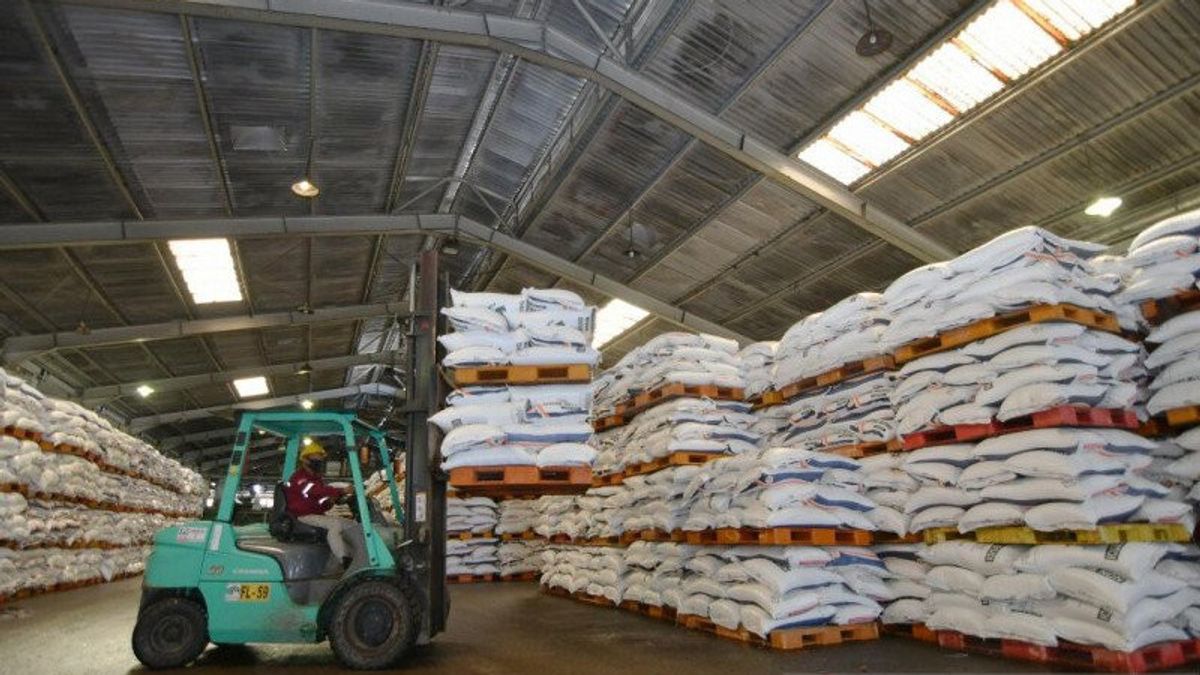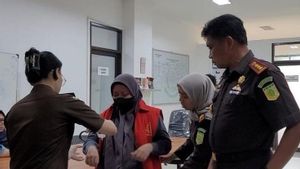JAKARTA - PT Pupuk Kalimantan Timur (Persero) is increasingly exporting fertilizers to Australia.
This Kangaroo Country is recorded as the main export destination country in 2022.
President Director of Pupuk, East Kalimantan (PKT) Rahmad Pribadi said the amount of fertilizer exported to Australia during 2022 was recorded higher than 2021.
Ekspor Australia 340,000 tonne pada 2022. Sementara di 2021 ekspor ke Australia tercatat 280,000 ton, katanya dalam konferensi pers di The Langham Hotel, Jakarta, Rabu, 29 Maret.
Furthermore, Rahmad said, the increasing number of fertilizer exports to Australia indirectly also supports food security in Indonesia.
Bearing in mind, continued Rahmad, Indonesia has a dependence on a number of main commodities produced by Australia such as beef and wheat.
"It is important for Indonesia to ensure that the agricultural sector in Australia can run well. That's why we HIGHlift our sales to Australia. Therefore, it indirectly supports, supports, Indonesian food security," he said.
Rahmad said PKT also managed to get an award from the Australian Agricultural Dapertemen for the application of the principles of Environment, Social, Governance (ESG).
Furthermore, Rahmad said that with that PKT received recognition or certification as an environmentally friendlypun producer free from impureity other than urea and included in the category of Level One System Status facilities for bulk fertilizers from the Australian agricultural department.
According to Rahmad, this later became one of the factors in increasing exports of PKT fertilizers to Australia.
"We have received certificates from the Australian government of all products produced to date. So that sales to Australia no longer need to be quarantined," he explained.
Not only Australia, said Rahmad, a number of other countries have also been targeted by PKT exports. These countries are in Latin America.
"Last year we exported Kamari to Latin, namely Mexico, Chile, and several other countries. It continues to exist," he explained.
Rahmad said, after the COVID-19 pandemic, the market to Latin America was open. This is because many Petrochemical factories in the United States and Europe are closed due to rising natural gas prices.
There are several companies in America that I cannot name, which are forced to close their ammonia plants. Because they have lost about up to 300 US dollars per tonne of ammonia at the current price. Because the company in America is closed, the Latin American market is open," he said.
The English, Chinese, Japanese, Arabic, and French versions are automatically generated by the AI. So there may still be inaccuracies in translating, please always see Indonesian as our main language. (system supported by DigitalSiber.id)













